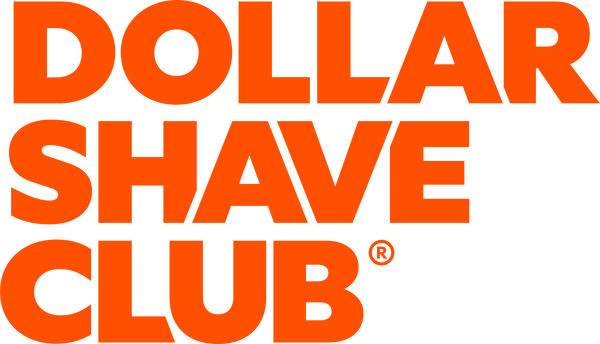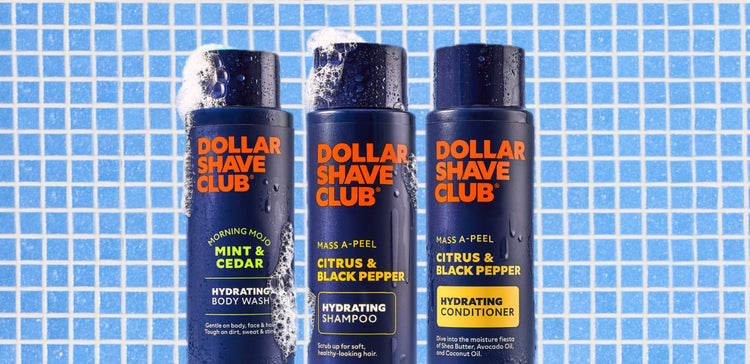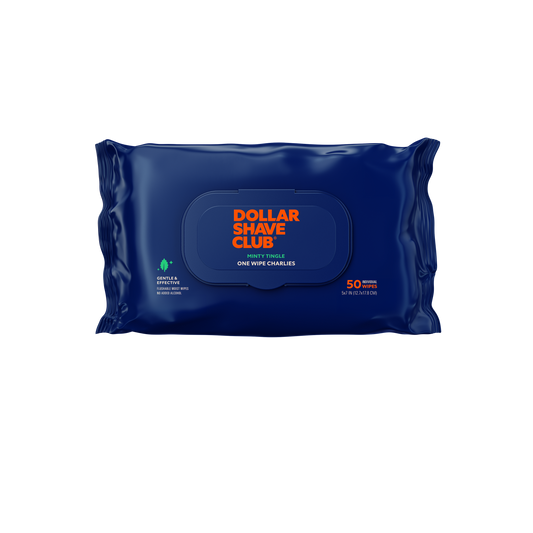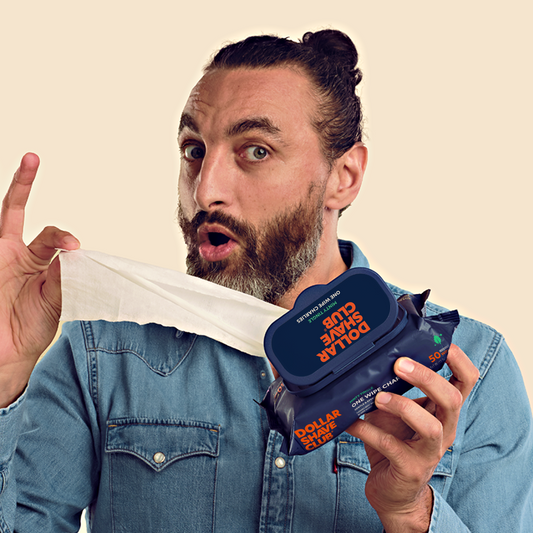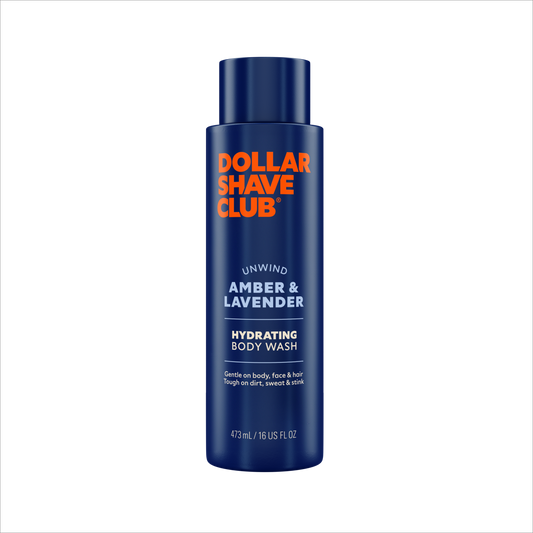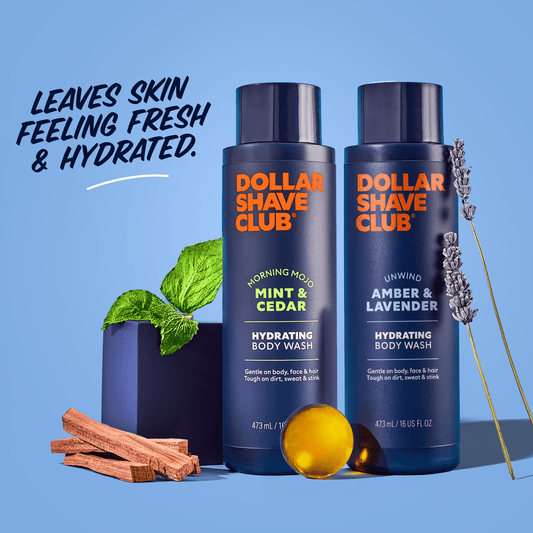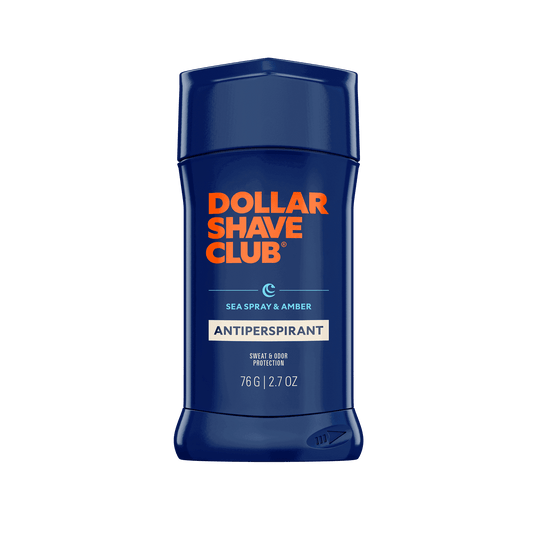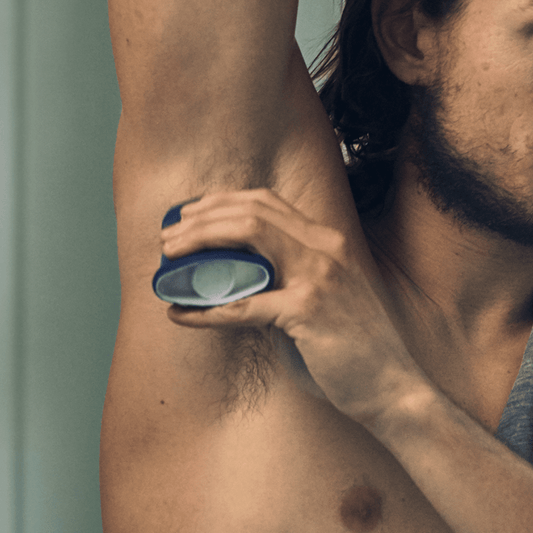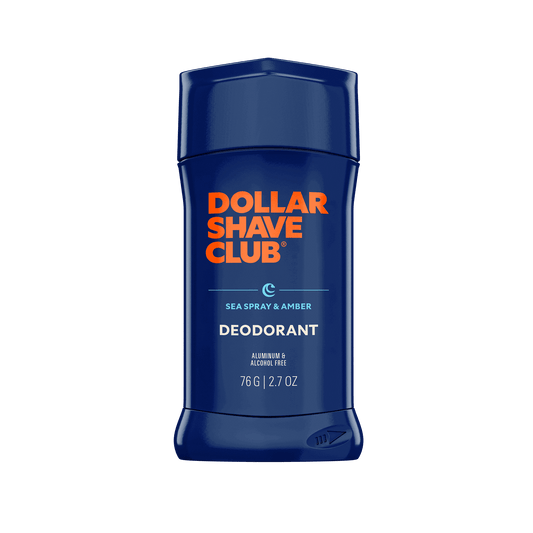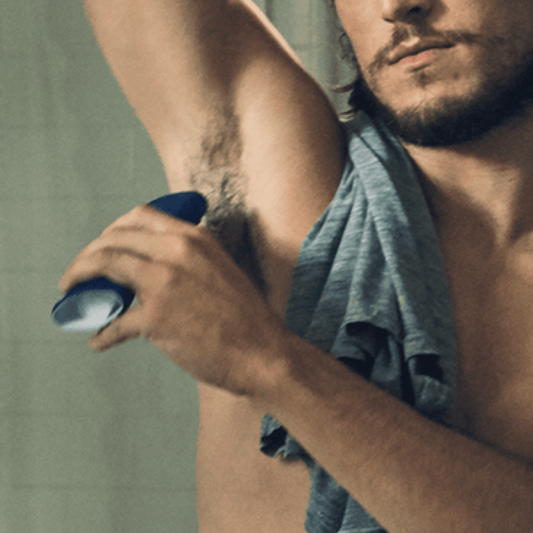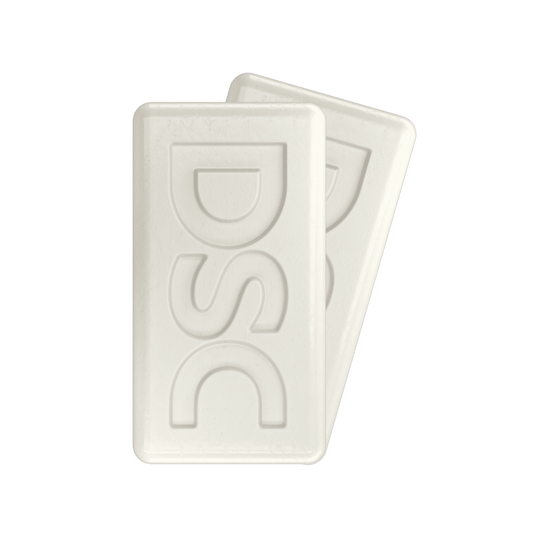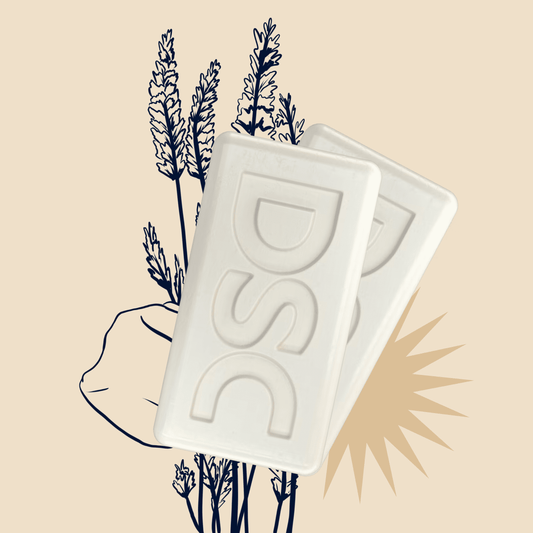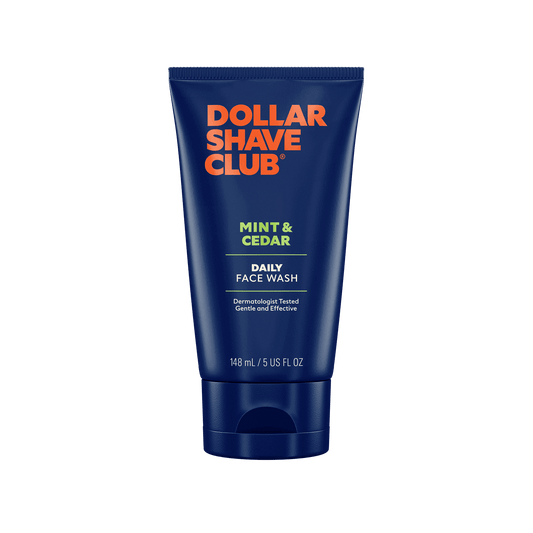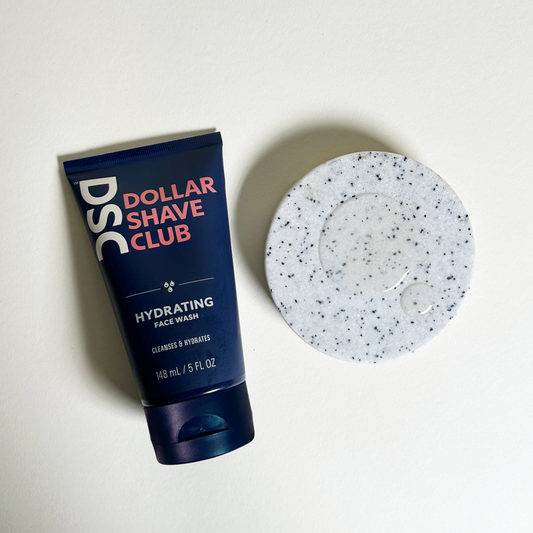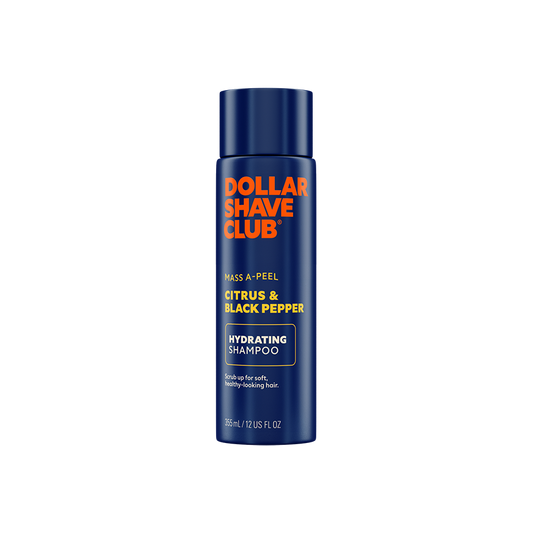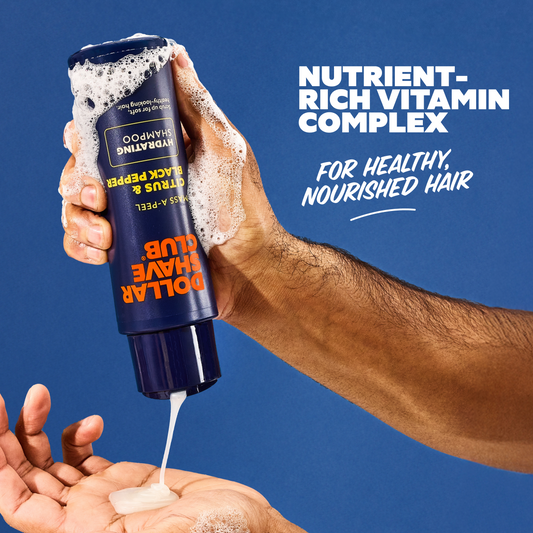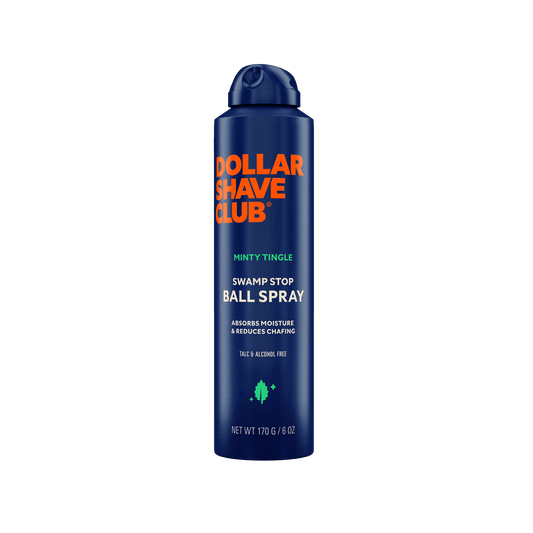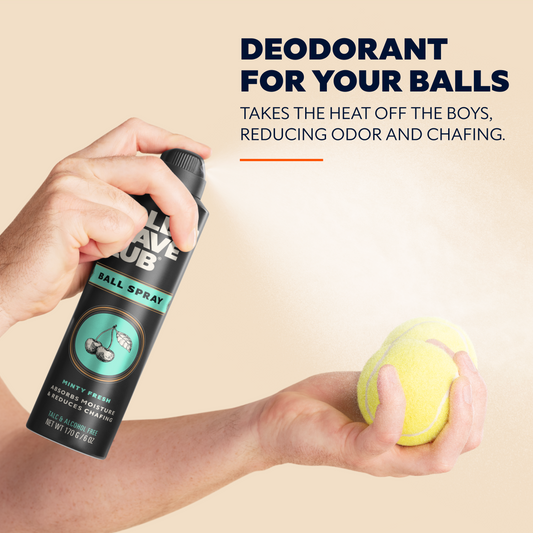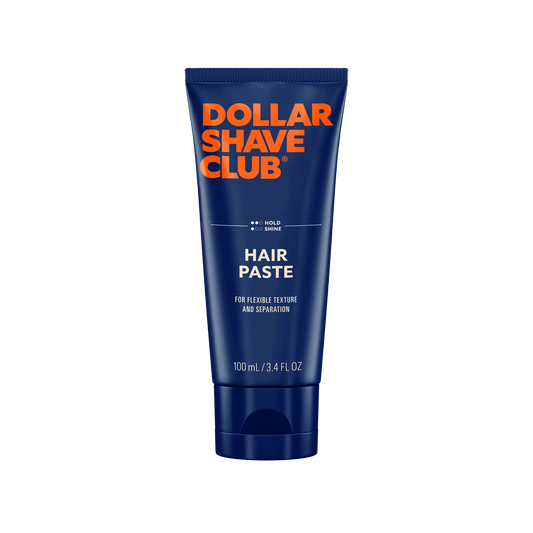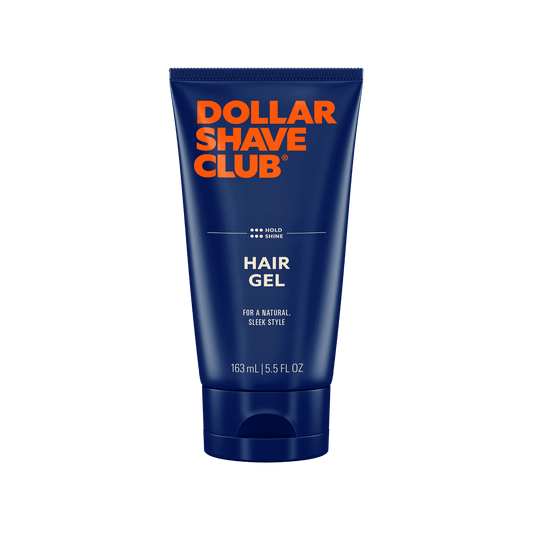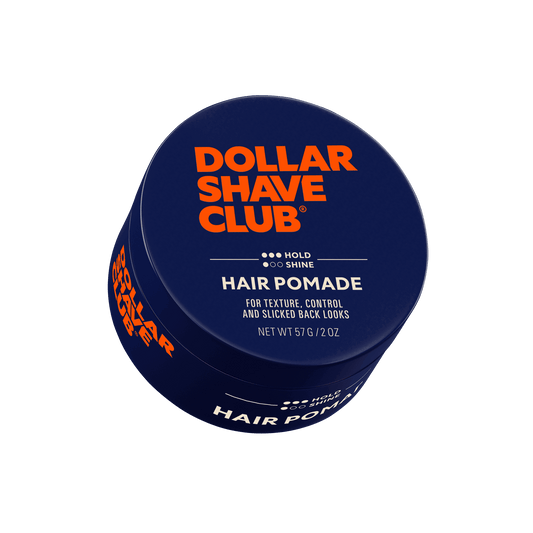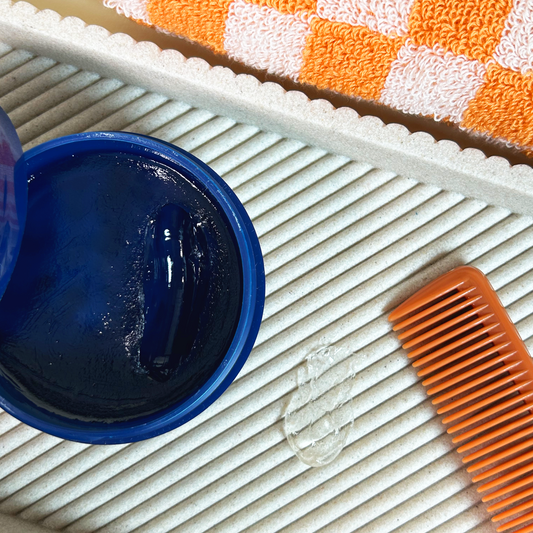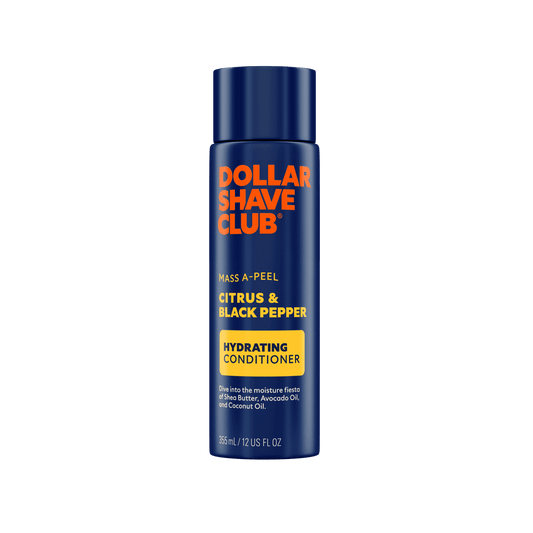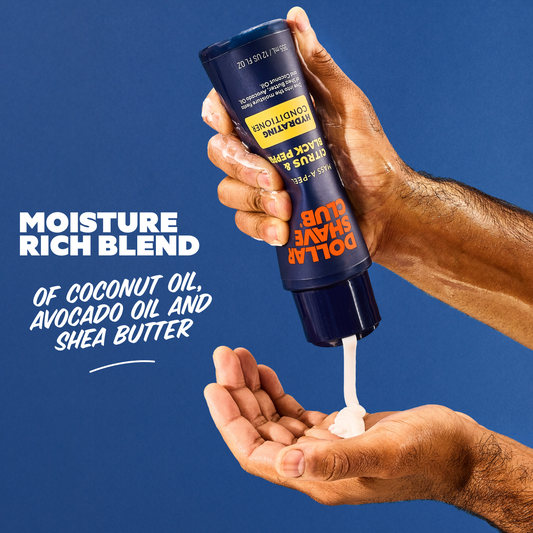Can I wash my face with DSC's Whole Body Wash?
Totally. One of the reasons we love Whole Body Wash so much is that it can be used on head, body, face, and any other place that needs a good washing. Plus, it comes in two amazing scents.
Does your Whole Body Wash contain sulfates, parabens, or microplastics?
No, our Whole Body Wash does not contain sulfates or microplastics, and is paraben free.
Is your Whole Body Wash intended for specific skin or hair types?
Yes, the specific hair and skin type of: everyone. Our Whole Body Wash contains plant-based cleansers that are gentle enough for all skin and hair types.
Can I use the Hydrating Face Wash on my butt cheeks?
We guess, if you want. It was specifically developed for face cheeks, though.
Does the Hydrating Face Wash contain sodium lauryl sulfate (SLS)?
No, our Hydrating Face Wash uses an SLS-Free formula to help protect skin from dryness.
What is a hygiene product?
A hygiene product is anything you would use to keep germs, dirt, and grime under control on your body or in your home. Many personal care products fall into the hygiene product category — eye drops, nail clippers, cotton swabs, toilet paper, and more. However, most of the time, people use this term to refer specifically to personal hygiene items, or things you'd use to keep your body clean.
What's another word for hygiene products?
You can use several terms to talk about the stuff you pull out when it's time to scrub, shine, and buff yourself or your surroundings. Some common synonyms for "hygiene products" are toiletries, essential items, grooming tools, and beauty products.
Whatever term you use refers to the same thing: personal care items that you'd use to maintain your overall health and cleanliness.
What are 10 good personal hygiene habits?
Since everyone's personal care needs differ, there's no one-size-fits-all routine to follow. However, these 10 personal hygiene habits should be staples for everyone.
- Wash your hands frequently. Wash your hands often, especially after using the bathroom, after preparing food, and after blowing your nose, coughing, and sneezing. The U.S. Centers for Disease Control recommends scrubbing with soap for at least 20 seconds — two rounds of the "Happy Birthday" song — before rinsing.
- Trim your nails. Long nails are more likely to harbor bacteria and lead to an infection, not to mention cause annoying problems like hangnails or ingrown nails. So, break out the nail clippers regularly.
- Wear clean clothes. Clothes get exposed to things that stick to fabric, like pollution, dust, and bacteria. When you wash your clothes regularly, you remove those items and prevent the spread of diseases. Plus, you smell a little fresher.
- Shower regularly. The experts recommend showering at least two to three times weekly, maybe more depending on your lifestyle. You'll remove sweat, dirt, and bacteria from your skin while preventing body odor and infections.
- Brush and floss your teeth daily. Give your pearly whites some TLC by brushing twice for at least two minutes and flossing once daily.
- Wash your hair regularly. Break out the shampoo for the same reasons you pull out a bar of soap or bottle of shower gel: to get rid of dirt, debris, and odor, except in your hair, not on your body.
- Apply deodorant or antiperspirant. Swipe the deodorant stick across your armpits a minimum of once a day to neutralize body odor and, in some cases, reduce sweat.
- Keep your intimate areas clean. Clean your intimate areas with warm water and a gentle cleanser daily to eliminate odors and keep bacteria from building up and causing infection.
- Wash your face. Don't forget about your face in your wash routine. Use a gentle cleanser to remove dirt, oil, and other unwanted debris, not to mention bacteria, viruses, and dead skin cells, that cover your face throughout the day.
- Groom your hair. Body hair removal is a personal choice. But choosing to trim or shave it gives bacteria less room to grow, often preventing infection and reducing odor.
